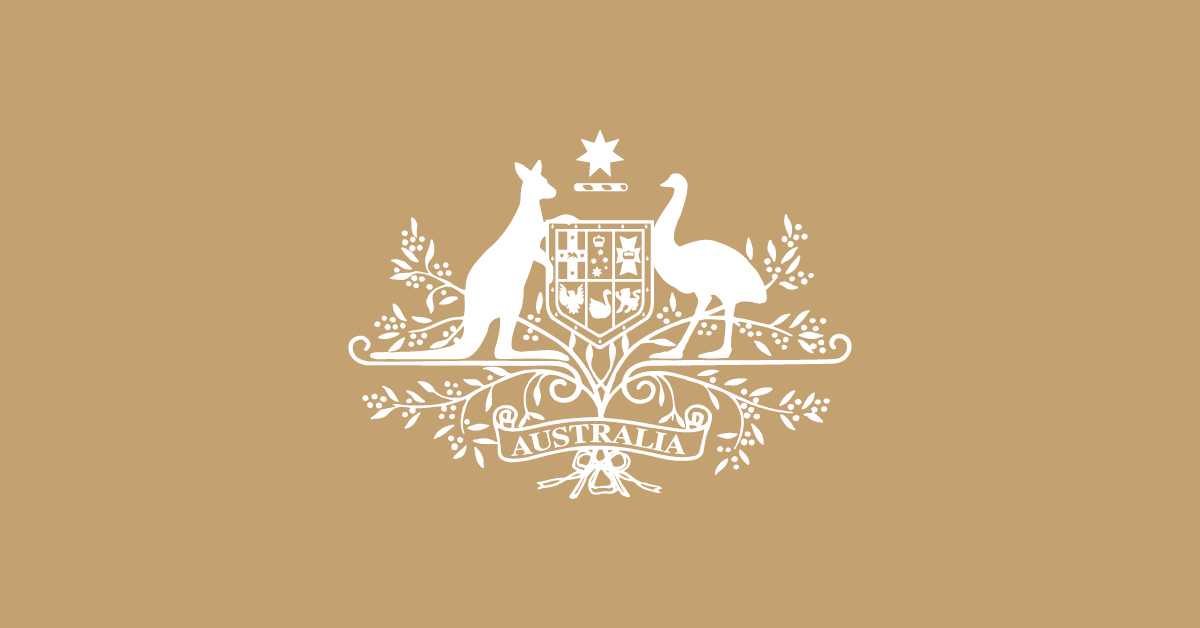Interview with Cheng Lei, AM Agenda, Sky News
SUBJECTS: appointment of Craig Emerson to Review Food and Grocery Code of Conduct, measures to assist with rising cost of living, rate of unemployment, cost of school supplies, support for charity sector.
CHENG LEI:
Joining me now is the Assistant Minister for Competition Charities and Treasury Andrew Leigh. Hey there, Andrew. Thanks for coming on the show. So, let's talk about this review. Why was that rejected?
ANDREW LEIGH:
Cheng, David Littleproud was part of a government that did nothing on competition for a decade. So, it's pretty rich for him to be talking about it now. The fact is, since we came to office, we've increased the penalties for anti‑competitive conduct. We've banned unfair contract terms. We carried out a review last year into the dispute resolution processes of the Food and Grocery Code of Conduct. And as scheduled this year we're conducting a review into the Food and Grocery Code of Conduct itself. Unlike previous reviews of the code, this is being conducted by one of our top policy economists, Craig Emerson, a man with a big heart and a big brain who'll bring his intellect to bear on looking at how Australian suppliers and consumers can get a better deal in the grocery sector.
LEI:
And what else is being done to ease the cost‑of‑living crisis?
LEIGH:
A huge amount. We had $23 billion in targeted cost‑of‑living relief in our last budget, which included measures that the Australian Bureau of Statistics reports reduced the rate of inflation in sectors such as housing, childcare and energy. Those targeted cost‑of‑living relief measures are not the sort of unfunded cash splash that we saw under the former government, but precise measures aimed at dealing with the cost‑of‑living pressures where they're most acute in the community. Alongside that, we've set up a competition task force, because competition, Cheng, is a great way of ensuring that we get strong productivity growth and lower prices. Over the last couple of decades, we've seen a rise in market concentration and markups, a decrease in the share of Australians switching jobs and a drop in the small business formation rate. So, we know if the Australian economy has become less dynamic, our competition task force is about turning that around.
LEI:
Andrew, I also want to ask you about employment at the moment, we've got pretty low unemployment, but also underemployment is high. And also now that more people are looking for jobs, higher unemployment. Take us through the trends in jobs.
LEIGH:
Australia's had an extraordinary run of unemployment since the Albanese Government came to office. I didn't think that as a labour economist I would see sustained unemployment below 4 per cent in my lifetime. And yet we've seen that for an extended period under the Albanese Government. That's meant that more Australians are getting more jobs than ever before. And our full employment white paper was about ensuring those opportunities are extended. The fee‑free TAFE places, the expansion of university places, the investments in energy, all of those are about ensuring that as we go through the net zero transition and the AI revolution, that Australians get the jobs that they're skilled up for. Unemployment is a terrible waste of resources, Cheng, as you know. And so we've got to make sure that as a government, we're acutely focused on providing as many jobs as we can to as many Australians. Thankfully, for a representative of the Labor party, this is in the job description.
LEI:
Yeah, I was pretty underemployed for the past three years. Let's talk about charities, because we just had Doug Taylor from the Smith family on the show talking about the latest results of a survey that showed that 90 per cent of the surveyed Aussie families are concerned about getting those back to school essentials for their kids.
LEIGH:
Yes, absolutely. And a range of state and territory governments are providing targeted assistance programmes there. Certainly we're seeing these sorts of trends across the community. When I speak to economists, I get reports of increased share of Australians who are doing split‑basket shopping, doing part of their shop at Aldi, part at Woolies or Coles. We're seeing increased pressures coming onto Australians being supported by the charity sector. As the Assistant Minister for Charities, I'm keen to see an Australia that has thriving charities, because they're not just crisis support units, they're also the social glue for the community, sustaining strong communities and rich friendship bonds. Charities are out there ensuring more Australians know their neighbours and are more engaged in community. So, as part of the Albanese Government's plan to double philanthropy by 2030, we're keen to see more Australians giving back to charity where they can.
LEI:
Thank you so much for your time today. And that's Andrew Leigh, Assistant Minister for Competition, Charities and Treasury.
View Original | AusPol.co Disclaimer
